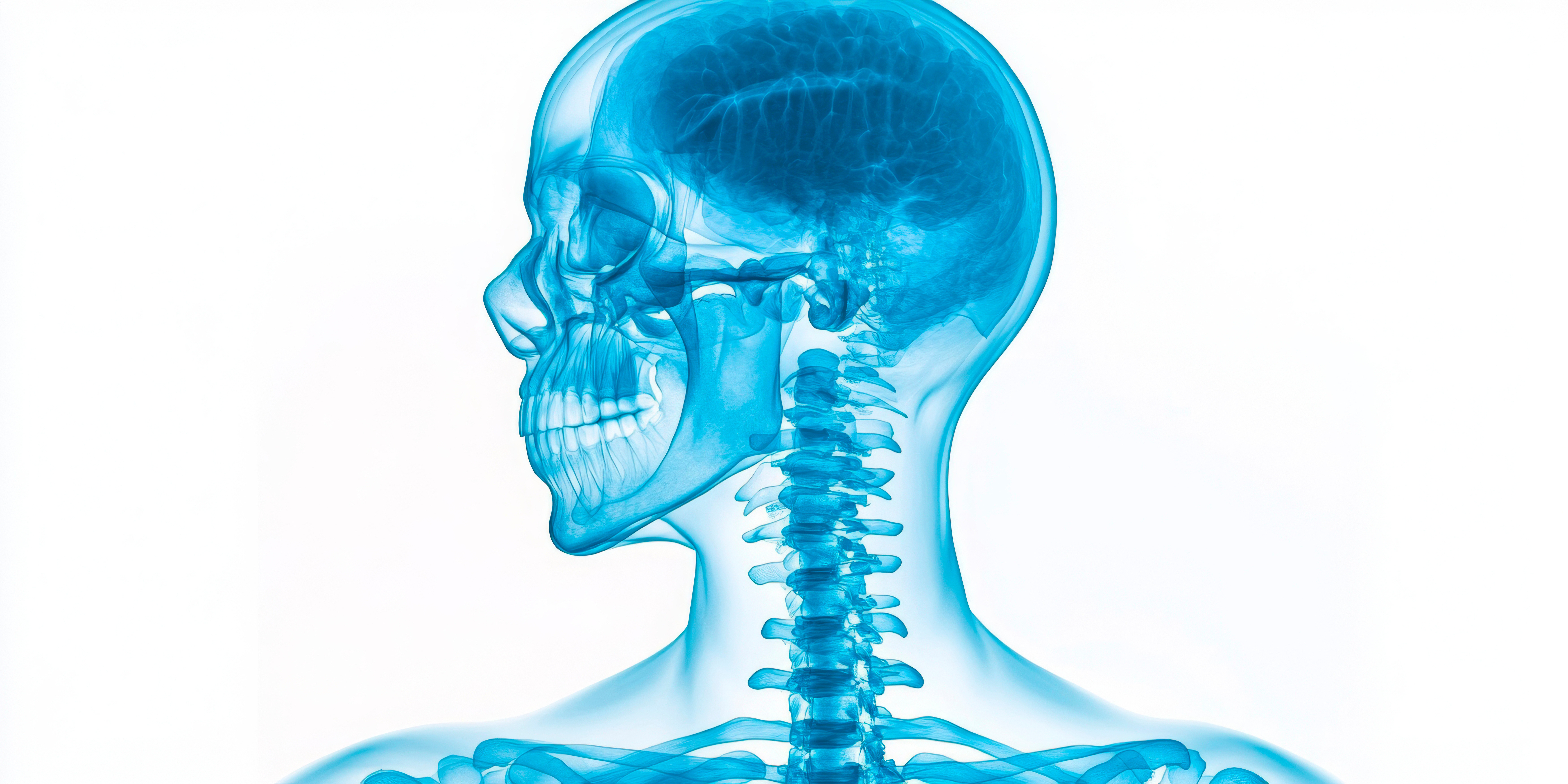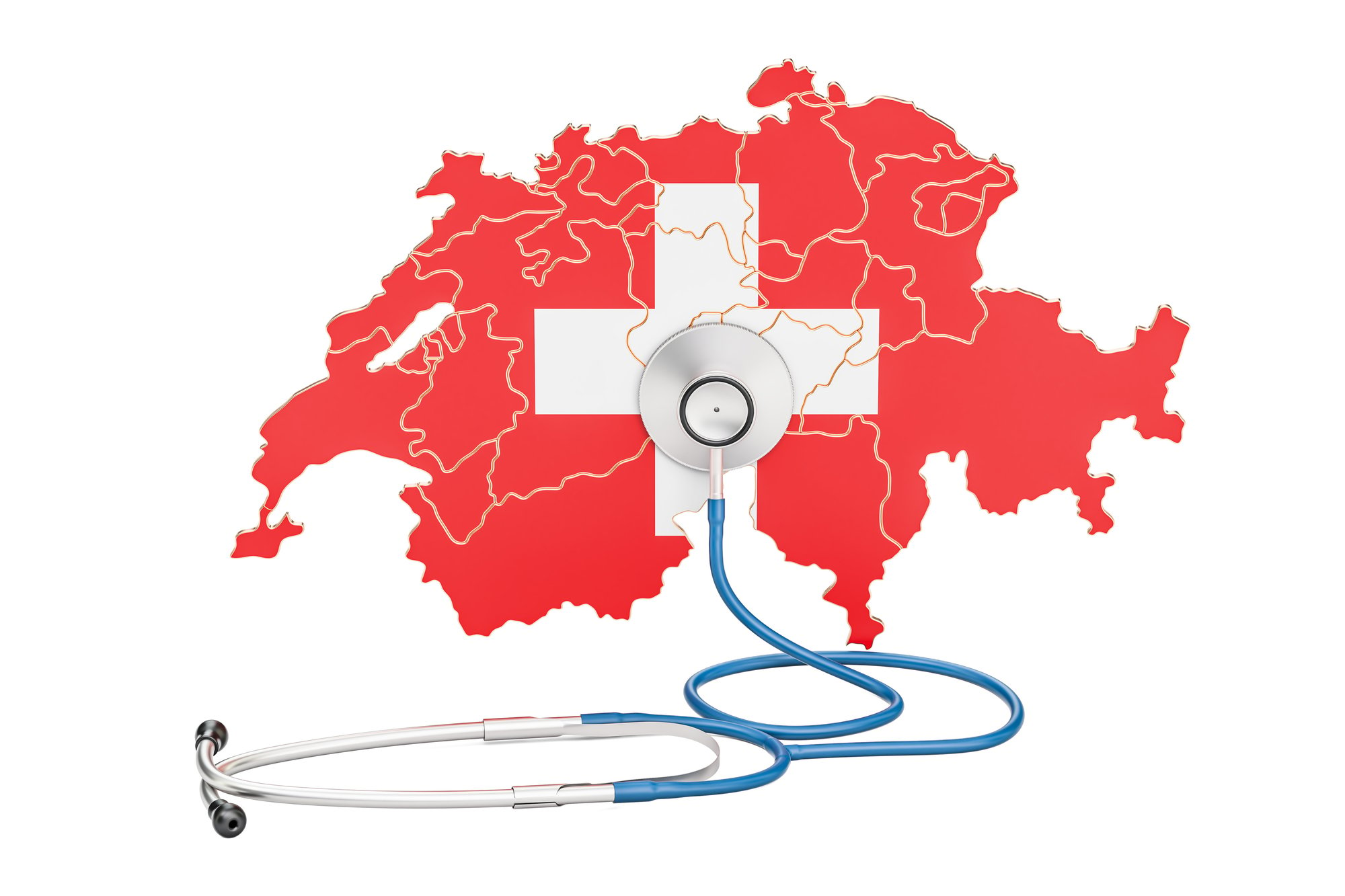The path to medical specialization
The German-speaking countries are known for strong healthcare systems based on comprehensive and demanding medical training. The path from general practitioner to specialist in these countries is defined by structured and demanding paths - which also contributes to the shortage of medical personnel that we are experiencing in Switzerland today.
This training is characterized by high standards, a lot of practical experience and a wide range of specialization options. Anyone who becomes a specialist must constantly commit to further development.
In this article, we'll explore the different stages of medical education and specialization - from undergraduate training to advanced residency training. We'll also explore the variety of training programs and the opportunities they offer for medical professionals.

Opportunities for further training in the medical field
Family doctors are the backbone of the healthcare system. As the first point of contact, they offer comprehensive basic care, initiate preventive measures and coordinate referrals to specialists. They are particularly important in the care of chronic diseases and long-term care.
However, the training path to this first important step is long: it begins with six years of medical studies, followed by at least three years of residency in general medicine. This covers areas such as internal medicine, emergency medicine and preventive medicine, with a strong focus on developing clinical and communication skills.
After completing their training as a general practitioner, many doctors choose to specialize. The number of specialist training places is regulated according to the anticipated needs of the health system, and the Swiss Institute for Continuing Medical Education and Training (SIWF/ISFM ) monitors the corresponding programs.
This regulation means that the number of specialists is relatively low. In any case, training for popular specialties such as cardiology, oncology or surgery usually takes 5 to 6 years.
This contributes to the high proportion of foreign doctors: in Switzerland, 4 out of 10 doctors obtained their diploma abroad .
Training Courses for Specific Diseases
Specialized training is particularly important for specialists in order to concentrate on certain diseases or medical disciplines. Specialists in intensive care medicine, for example, learn invasive emergency procedures, often in cooperation with anatomical institutes. This special training is crucial in order to be able to provide efficient help in critical - even time-critical - situations.
Integration of Theory and Practice
The linking of theoretical knowledge and practical applications is a central aspect of medical training. Modern didactic methods ensure that the knowledge acquired can be effectively put into practice. Simulation training plays an important role in this and enables participants to practice complex emergency situations in a safe environment.
Interprofessional simulation training focuses on teamwork and technical skills to be effectively prepared for emergencies in intensive care medicine. These trainings not only help improve treatment techniques, but also promote patient safety and treatment effectiveness by optimizing clinical processes.
Guidelines and Regulation in the Swiss Healthcare System
In Switzerland, the Swiss Medical Association FMH plays a central role in overseeing medical education and training. The FMH sets standards for the quality of medical training and monitors compliance with these regulations. It is responsible for ensuring that doctors are trained to the highest international standards and regularly participate in continuing education and training measures.
Specifically, the Swiss Institute for Medical Education and Training (SIWF/ISFM ) is the corresponding body of the FMH. In addition, the FMH works closely with other national and international institutions to ensure the quality of the Swiss health system.
certification and licensing
The certification and licensing of medical professionals in Switzerland is a strictly regulated process. After completing their medical studies and residency, doctors who wish to practice in Switzerland must take the federal specialist examination, which is organized by the FMH. Successful graduates receive the corresponding specialist title.
In addition, doctors must continue their training by participating in certified CME programs in order to maintain their authorization. CME stands for Continuing Medical Education. The constant proof of this training is intended to ensure that all practicing doctors are up to date and offer the best standards of care.
CME recognition in the DACH countries: promoting professional development across borders
There are a variety of accredited CME programs that are specifically tailored to the needs of different medical specialties. These programs include practice-oriented workshops, seminars and online training courses. The CME programs are structured differently depending on the specialty, but what they all have in common is that they offer a combination of theory and practice.
The recognition of CME qualifications is a crucial aspect for the mobility of healthcare professionals throughout the German-speaking world. Recent developments show a trend towards mutual recognition and simplification of the procedures for CME accreditation between Germany, Austria and Switzerland.
Recognition of CME in Switzerland
The recognition of continuing education qualifications is crucial for their professional value and acceptance. In Switzerland, continuing education certificates from EU or EFTA states are directly recognized provided they are approved by the responsible authority and comply with EU guidelines. This international recognition facilitates the mobility of doctors and opens up a wide range of career opportunities, whether in Switzerland or abroad.
Germany: Pioneer of International Cooperation
The German Medical Association has taken a leading role in making it easier to participate in continuing education courses abroad. It has concluded an agreement with several countries on the mutual recognition of CME certificates, including Austria and Switzerland.
Austria: Commitment to mutual recognition of CME activities
The continuing education regulations of the Austrian Medical Association stipulate that the continuing education points recognised by the German Medical Associations should be recognised to the same extent as DFP points (Diploma Continuing Education Programme).
Diversity in Medical Education and Continuous Training

The diversity and depth of medical training and the mandatory CME training in Switzerland contribute significantly to the quality of patient care. At the same time, the large number of doctors who have completed their training abroad has a significant impact on the quality of care in Switzerland. These specialists bring international experience and perspectives to the healthcare system.
The diversity of medical knowledge and different training backgrounds broadens the spectrum of available treatment approaches and leads to differentiated care that meets the needs of a diverse population.
To learn more about CME opportunities and gain valuable insights into medical reports and exciting case studies from experts, visit the just-medical website! . Discover continuing education opportunities and medical discussions on current developments - the ideal platform for medical professionals to continue their education and always stay up to date.
Back to all blog posts


